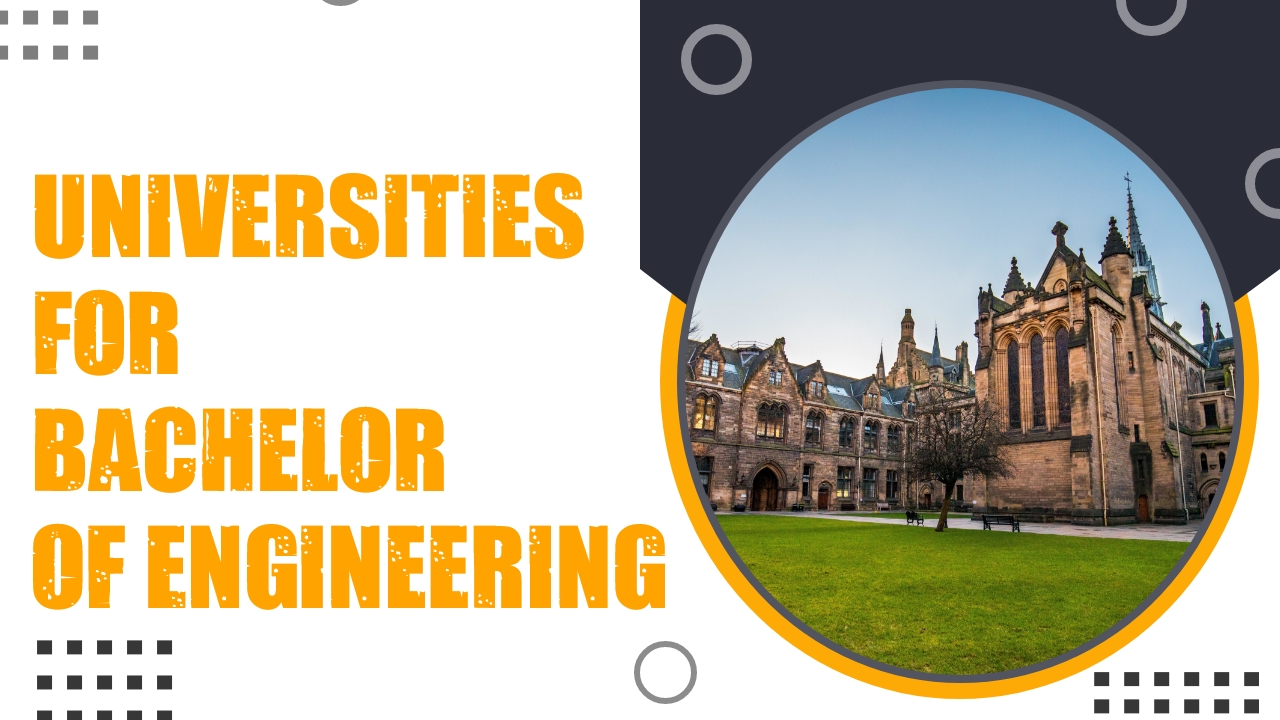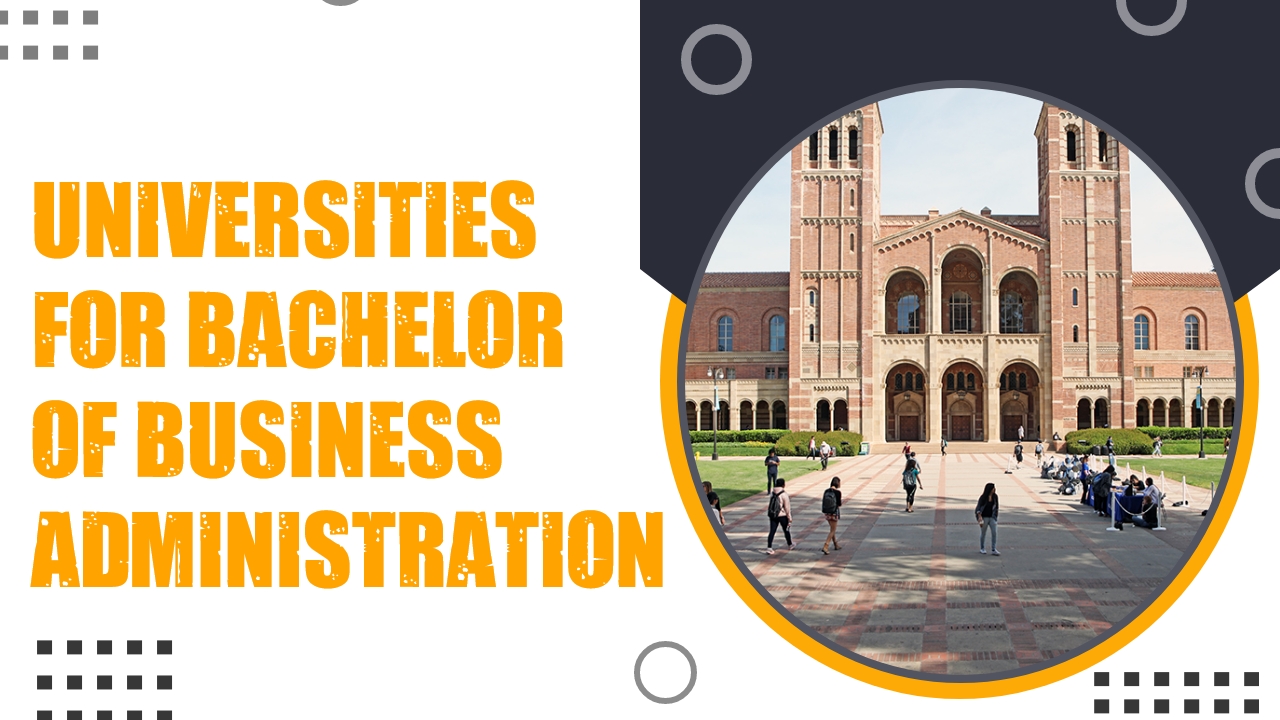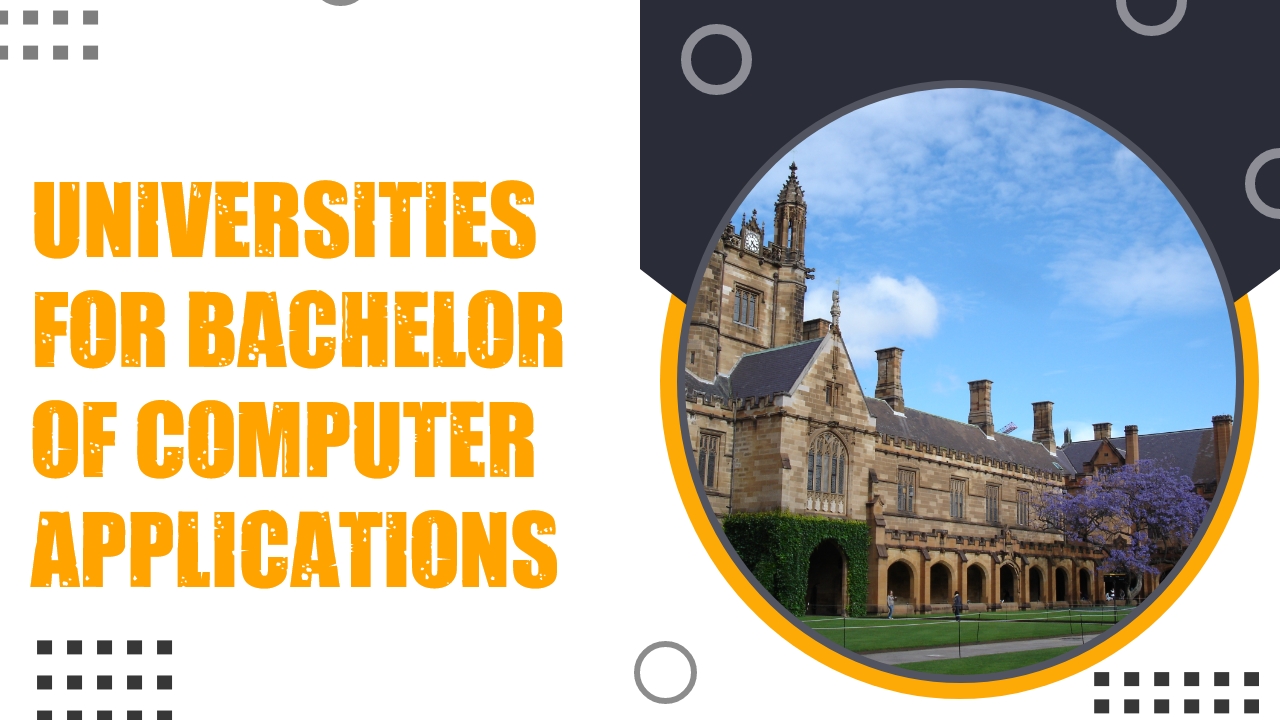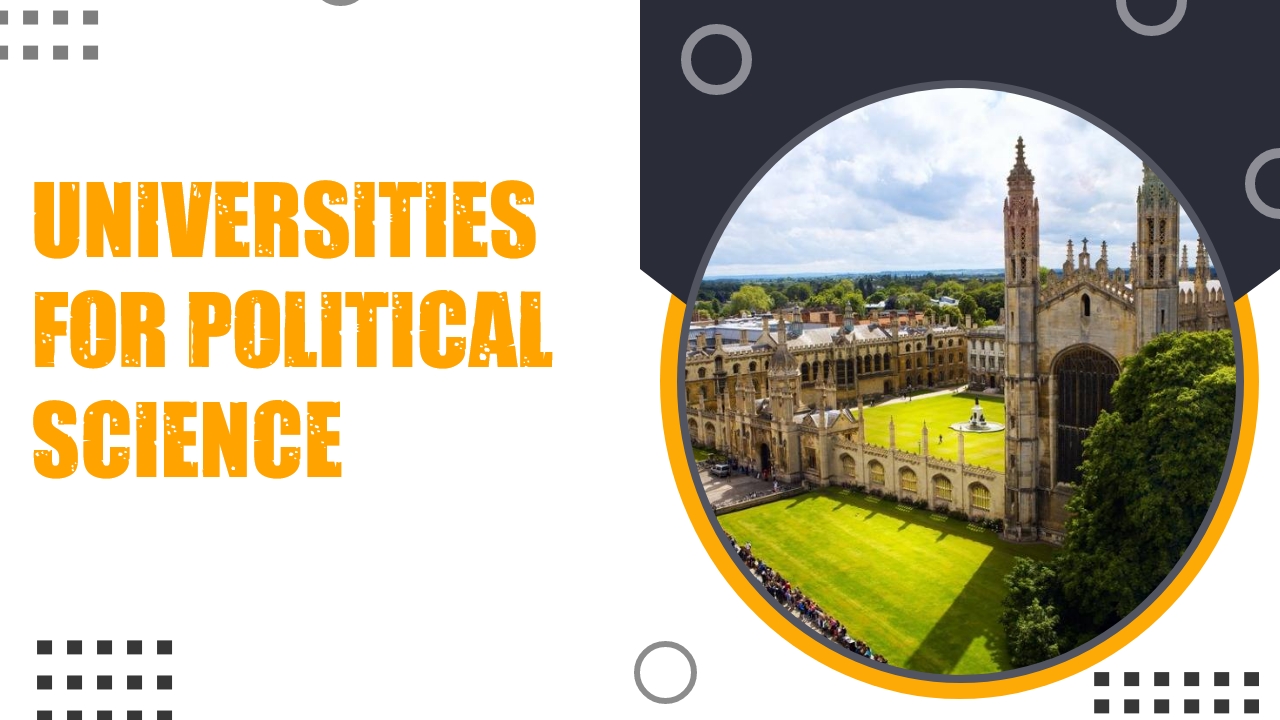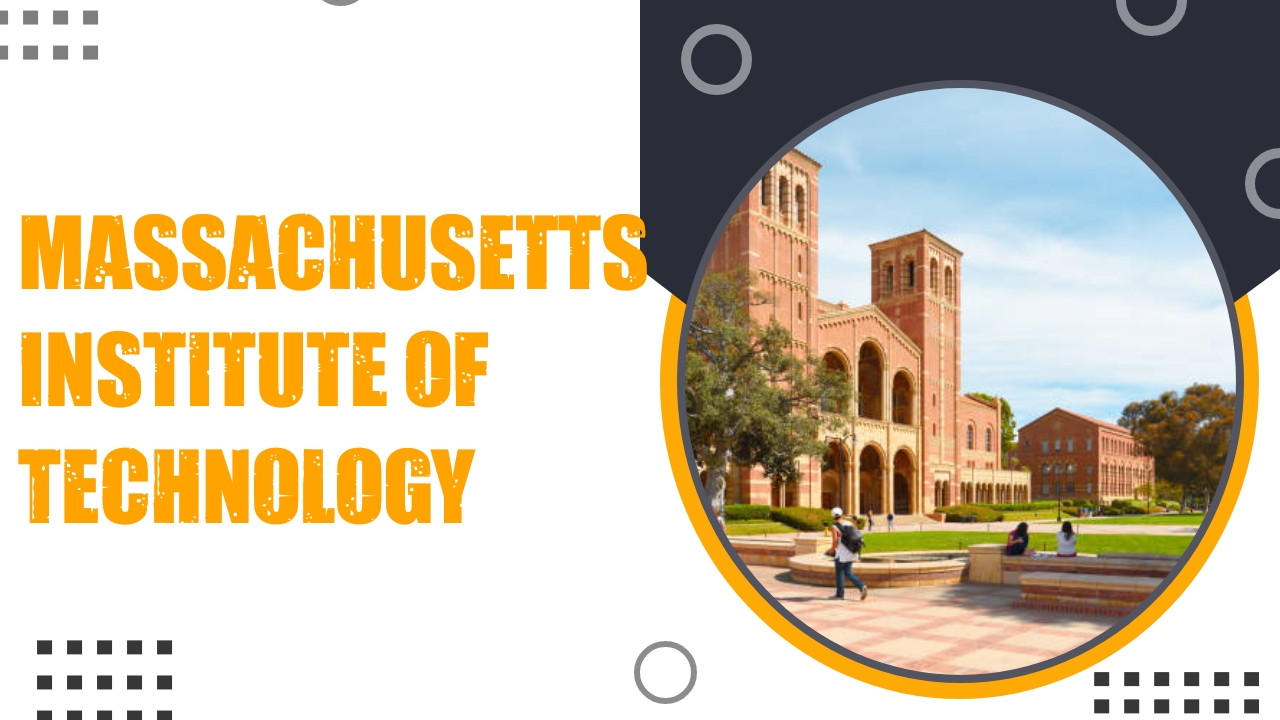Massachusetts Institute of Technology (MIT): A Legacy of Innovation and Excellence
Massachusetts Institute of Technology, commonly known as MIT, stands as a beacon of innovation and academic excellence in the United States and around the world. Established in 1861 in Cambridge, Massachusetts, MIT has consistently pushed the boundaries of scientific and technological research while nurturing some of the brightest minds across various disciplines. This article explores MIT’s history, its academic programs, notable contributions to science and technology, and its impact on society.
History and Foundation
MIT was founded in response to the rapid industrialization of the United States in the mid-19th century. Influential industrialists and educators believed that a new kind of educational institution was needed to address the technological advancements transforming the country. William Barton Rogers, MIT’s founder and first president, envisioned an institution that combined scientific research with practical application, aiming to educate students in fields such as engineering, architecture, and applied sciences.
Academic Excellence and Programs
MIT is renowned for its rigorous academic programs and commitment to interdisciplinary research. The university offers undergraduate, graduate, and doctoral programs across five schools and one college: the School of Architecture and Planning, the School of Engineering, the School of Humanities, Arts, and Social Sciences, the MIT Sloan School of Management, the School of Science, and the MIT Schwarzman College of Computing. Each school offers a range of specialized programs that blend theoretical knowledge with hands-on learning and research opportunities.
MIT’s undergraduate program is particularly selective, admitting students who demonstrate exceptional academic achievement, creativity, and a passion for innovation. The university’s emphasis on project-based learning, collaboration across disciplines, and entrepreneurial spirit prepares students to tackle complex global challenges and make significant contributions to their fields.
Research and Innovation
MIT is at the forefront of scientific research and technological innovation. The university has a strong commitment to pushing the boundaries of knowledge across various disciplines, including robotics, artificial intelligence, biotechnology, nanotechnology, sustainable energy, and space exploration. MIT’s research centers and laboratories are hubs of innovation, fostering collaboration among faculty, students, and industry partners to address real-world problems and create groundbreaking solutions.
Notable innovations and discoveries from MIT include the development of the World Wide Web by Tim Berners-Lee, advancements in artificial intelligence through projects like the MIT Media Lab, pioneering work in cryptography and cybersecurity, and contributions to space exploration through partnerships with NASA and SpaceX. MIT’s commitment to open-access research and technology transfer has led to the creation of numerous startups and technologies that have transformed industries and improved lives globally.
Campus Life and Community
MIT’s campus in Cambridge, Massachusetts, is a hub of intellectual activity and cultural diversity. The university’s commitment to fostering a supportive and inclusive community is evident through its vibrant student organizations, clubs, and cultural centers. MIT encourages students to engage in extracurricular activities that complement their academic pursuits, promoting leadership development, social responsibility, and global citizenship.
The campus also features state-of-the-art facilities, including libraries, research centers, laboratories, and recreational spaces. MIT’s iconic architecture, such as the Stata Center and the Great Dome, reflects the university’s commitment to innovation and creativity in both design and function.
Impact on Society
MIT’s impact extends beyond its campus walls, influencing global policy, industry practices, and societal norms. The university’s graduates, known as “MIT alumni,” include Nobel laureates, MacArthur Fellows, entrepreneurs, policymakers, and leaders in academia, business, and government. MIT alumni have founded and led some of the world’s most innovative companies, including Intel, Dropbox, and Hewlett-Packard, contributing to economic growth and technological advancement worldwide.
MIT’s commitment to addressing global challenges, such as climate change, healthcare disparities, and technological ethics, underscores its role as a leader in shaping the future of society. The university’s collaborative approach to research and education continues to drive innovation and inspire future generations of leaders and innovators.
Conclusion
Massachusetts Institute of Technology (MIT) remains a powerhouse of innovation, academic excellence, and research leadership. From its humble beginnings in the 19th century to its current position as a global leader in science and technology, MIT continues to uphold its mission of advancing knowledge and educating future generations of problem solvers and leaders. The university’s commitment to interdisciplinary collaboration, entrepreneurship, and societal impact ensures that it will continue to shape the world through innovation and education for years to come.
